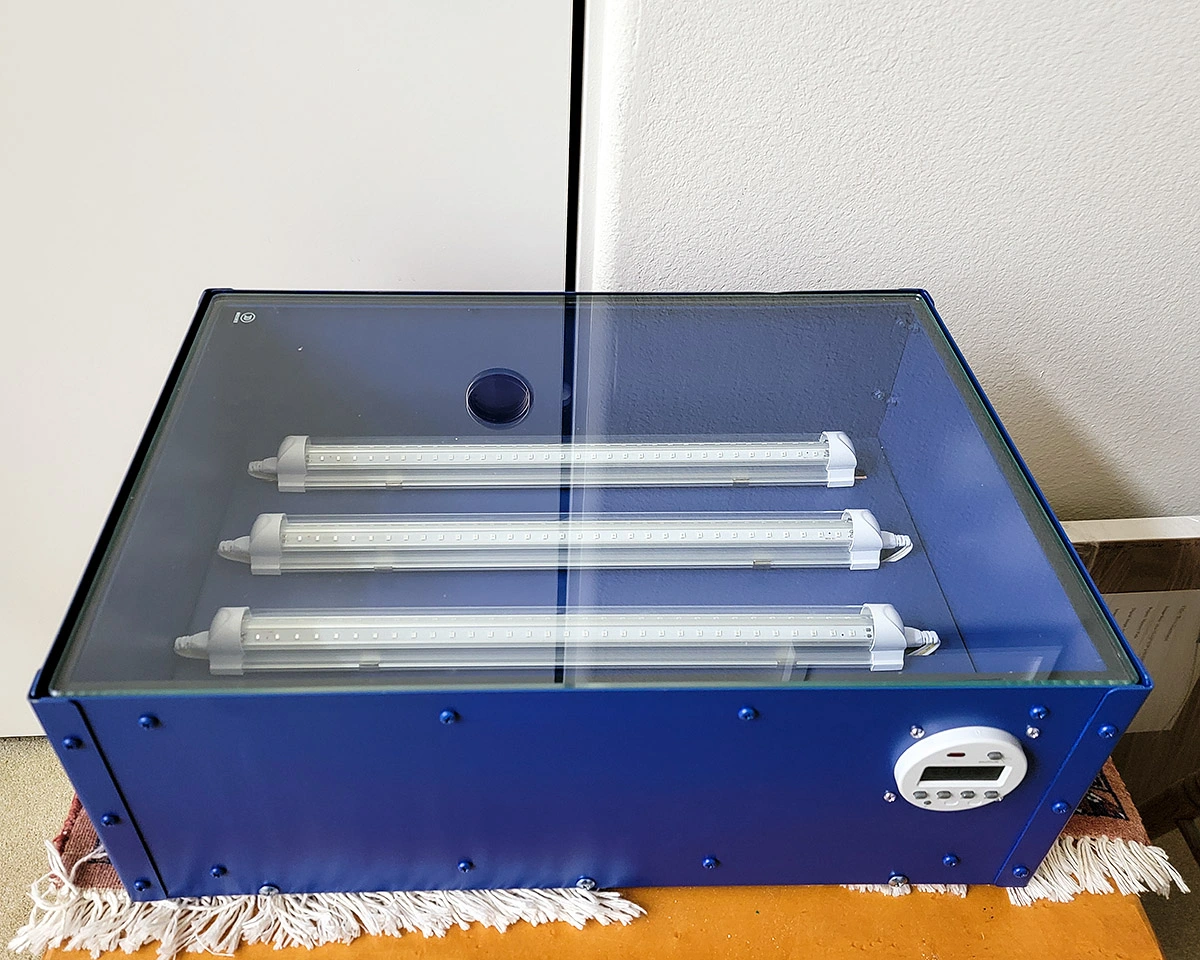
ASMR: Relaxation or Irritation? - Neuroscience News
ASMR, a phenomenon enjoyed by many for its calming effects, has been scientifically shown to positively alter mood and physiological responses like heart rate and blood pressure in 25-30% of people.
Neuroscience News provides research news for neuroscience, neurology, psychology, AI, brain science, mental health, robotics and cognitive sciences.

Featured News - Research Topics - Page 69 of 1806 - Neuroscience News

Featured News - Research Topics - Page 916 of 1806 - Neuroscience News

What does ASMR do to your brain? Watch these videos and find out. - Washington Post

Neuroscience Research Explains What Your Response To The Viral TikTok ASMR Bottle-Smashing Trend Means [Video], 2oceansvibe News

What Is ASMR? (Autonomous Sensory Meridian Response)

Featured News - Research Topics - Page 24 of 1829 - Neuroscience News

Frontiers Brain function effects of autonomous sensory meridian response ( ASMR) video viewing

Featured News - Research Topics - Page 600 of 1806 - Neuroscience News

Neuroscience News on LinkedIn: When Unconscious, the Brain Is Anything but 'Silent' - Neuroscience News

Neuroscience News en LinkedIn: Trained Brains Rapidly Suppress Visual Distractions - Neuroscience News

Neuroscience News on LinkedIn: Origins of Pleasurable Touch Traced From Skin to Brain - Neuroscience News

Anxiety and Neuroticism Linked to Ability to Experience ASMR - Neuroscience News









